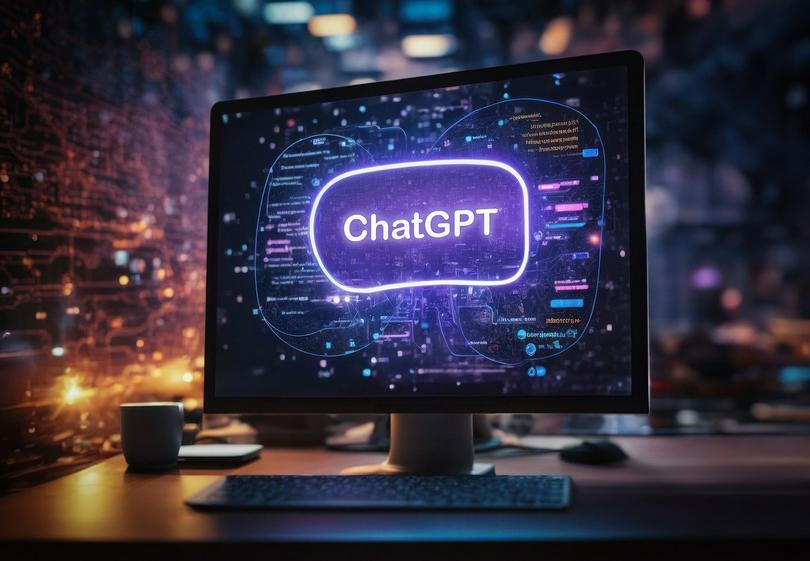Mingjie, a typical Gen Z believer with a science-oriented mindset, grew up in a Christian environment, attending Sunday school and student fellowships. Despite God's protection throughout his life, his faith often stagnated at the level of legalism, struggling to move into a relationship of love and trust. Recently, however, his spiritual journey took a turn, thanks to the help of an AI tool, ChatGPT.
Mingjie experienced God's miraculous healing and overcame a two-year struggle with depression during graduate school, finding renewed purpose in God's word. Yet, his faith journey continued to encounter roadblocks. Questions about contradictions in God's truth often left him stuck—unable to fully understand or accept certain doctrines, he found it hard to establish a deeper relationship with God.
The breakthrough came during a spontaneous conversation with ChatGPT. Mingjie asked the AI some of his most challenging theological questions, such as, "If Jesus' resurrection was certain, how was His death a sacrifice?" and "How can Jesus' death atone for sins across past, present, and future?" ChatGPT's clear and logical responses unraveled his doubts, providing the clarity he craved.
Encouraged by this initial success, Mingjie explored further questions about conscience, truth, spiritual discernment, and resisting the devil's lies—topics he had long struggled with. "ChatGPT's responses are well-structured and precise, which suits my mindset. Pastor's sermons often felt vague to me, but now everything is clear," he explained.
Mingjie believes different personalities require tailored approaches to spiritual growth. For example, he shared how a pastor described a programmer who struggled to connect with others' explanations of the Bible but thrived in discussions with someone who understood his analytical perspective. Similarly, Mingjie found that AI provided a logical and nonjudgmental platform for addressing his doubts.
He acknowledges that ChatGPT is merely a tool. Its answers and referenced scriptures still require careful verification and study. However, the process of asking relevant questions and meditating on related Bible verses has opened up new dimensions in his faith.
Since using AI, Mingjie has experienced a softening of his heart. He feels inspired to show love to those around him, such as reaching out to a friend in another city and sending thoughtful gifts. "The heart began to melt," he said. Sermons also resonate with him in new ways—he now listens with understanding and conviction, feeling that the messages finally make sense and touch his heart.
As digital natives, Gen Z believers like Mingjie demonstrate unique characteristics shaped by the Internet age. For him, ChatGPT has become a tool that enhances his faith. However, AI's powerful capabilities can be both a blessing and a threat—used by God to nurture believers or misused by the enemy to lead them astray.
Churches and Christian organizations must pay close attention to technological advancements and the ethical issues they raise. By ensuring that technology serves good purposes, the faith community can harness tools like AI to support spiritual growth in a rapidly evolving world.












